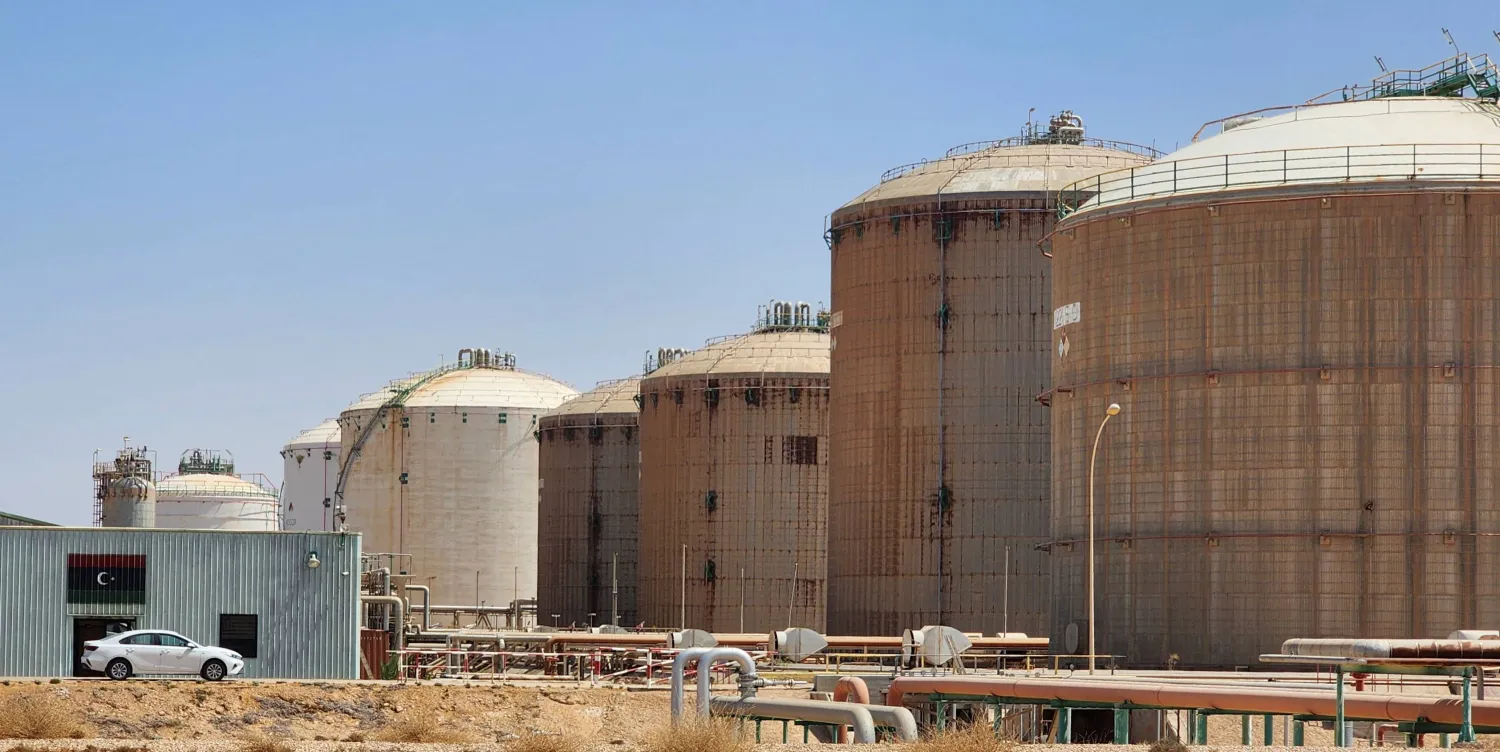More than half of Libya's oil production, or about 700,000 barrels per day, was offline on Thursday and exports were halted at several ports as a standoff between rival political factions over the central bank and oil revenue threatens to end a four-year period of relative peace.
The crisis over control of the Central Bank of Libya threatens a new bout of instability in the country, a major oil producer that is split between eastern and western factions that have drawn backing from Turkey and Russia.
Ports in Libya's hydrocarbon-rich Oil Crescent - Es Sidra, Brega, Zueitina and Ras Lanuf - halted export operations on Thursday, two engineers at the ports told Reuters.
Four vessels had loaded 600,000 barrels of oil each in the eastern region that accounts for the bulk of the country's exports - two at Es Sidra, one at Brega and one at Zueitina - and departed earlier on Thursday, the engineers said.
Output at oilfields controlled by Waha Oil Company, a subsidiary of the National Oil Corporation, has dropped to 150,000 barrels per day (bpd) from 280,000 bpd and is expected to fall further, engineers told Reuters on Thursday.
Production has also been halted or reduced at the Sharara, Sarir, Abu Attifel, Amal and Nafoora fields, engineers have said.
That has taken roughly 700,000 bpd of oil output offline, according to Reuters calculations. Libya pumped about 1.18 million bpd in July.
Consulting firm Rapidan Energy Group has estimated production losses could reach between 900,000 and 1 million bpd and last for several weeks.
Eastern factions have vowed to keep oil production shut off until the internationally recognized Presidency Council and Government of National Unity in Tripoli, in the west, return veteran central bank governor Sadiq al-Kabir to his post.
The Presidency Council, headed by Mohammed al-Menfi, said on Aug. 18 it was dismissing Kabir, a move rejected by the eastern-based House of Representatives parliament, and eastern commander Khalifa Haftar's force called the Libyan National Army.









